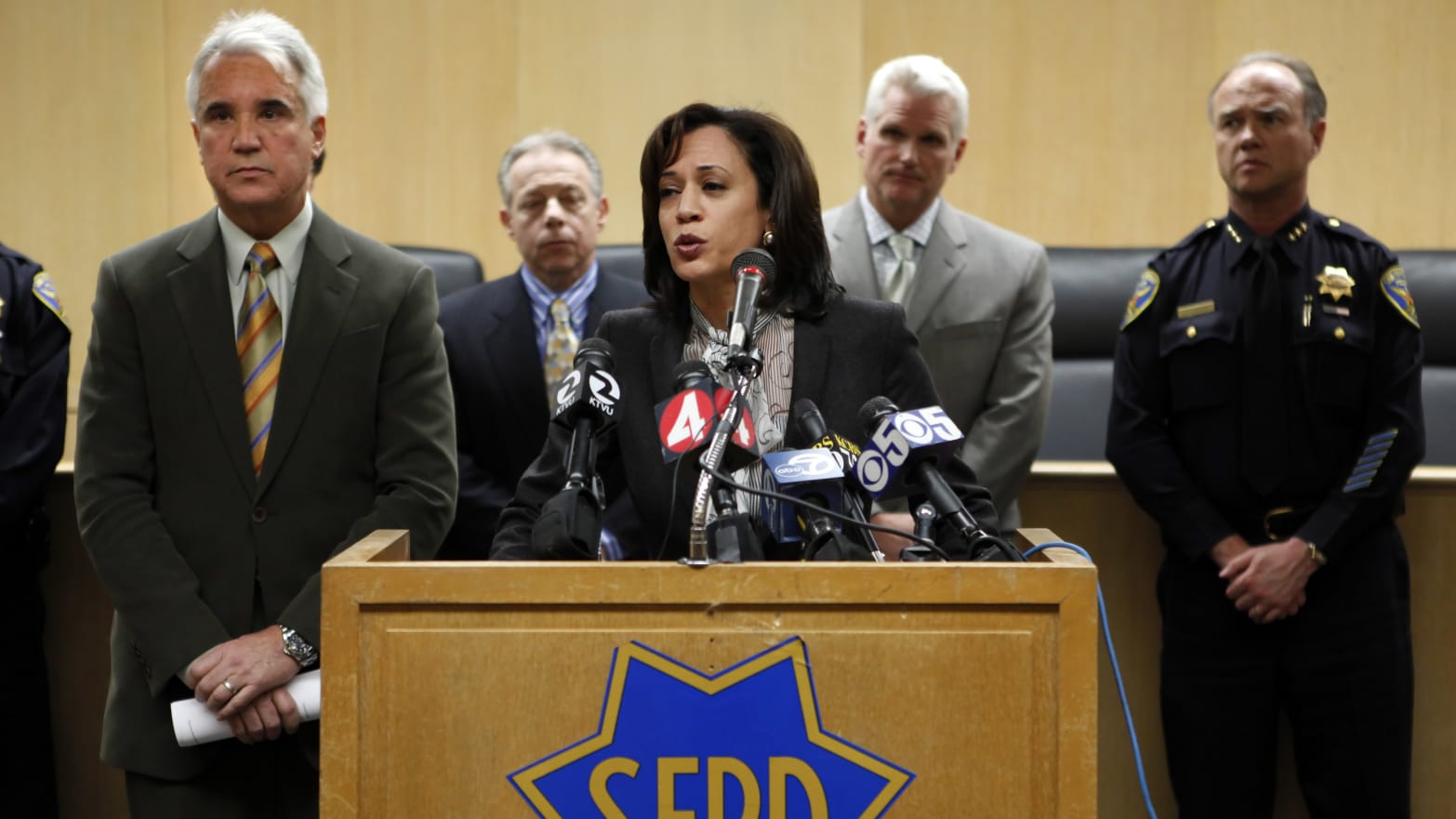 On this episode of The Final Countdown, hosts Ted Rall and Steve Gill discuss various current events, including Russia’s and the United States’ prisoner exchange agreement.
On this episode of The Final Countdown, hosts Ted Rall and Steve Gill discuss various current events, including Russia’s and the United States’ prisoner exchange agreement. The Final Countdown – 8/1/24 – Russia and U.S. Agree to Massive Prisoner Exchange
 On this episode of The Final Countdown, hosts Ted Rall and Steve Gill discuss various current events, including Russia’s and the United States’ prisoner exchange agreement.
On this episode of The Final Countdown, hosts Ted Rall and Steve Gill discuss various current events, including Russia’s and the United States’ prisoner exchange agreement. 
 Democrats were
Democrats were  Poor Joe.
Poor Joe. Political cartoonists and analysts Ted Rall (on the Left) and Scott Stantis (on the Right) react to a shocking development in the world of politics: President Joe Biden has finally, after weeks of intrigue and pressure from within the Democratic Party succumbed to concerns about his mental acuity and dropped out of the 2024 presidential campaign weeks before the Democratic National Convention.
Political cartoonists and analysts Ted Rall (on the Left) and Scott Stantis (on the Right) react to a shocking development in the world of politics: President Joe Biden has finally, after weeks of intrigue and pressure from within the Democratic Party succumbed to concerns about his mental acuity and dropped out of the 2024 presidential campaign weeks before the Democratic National Convention.